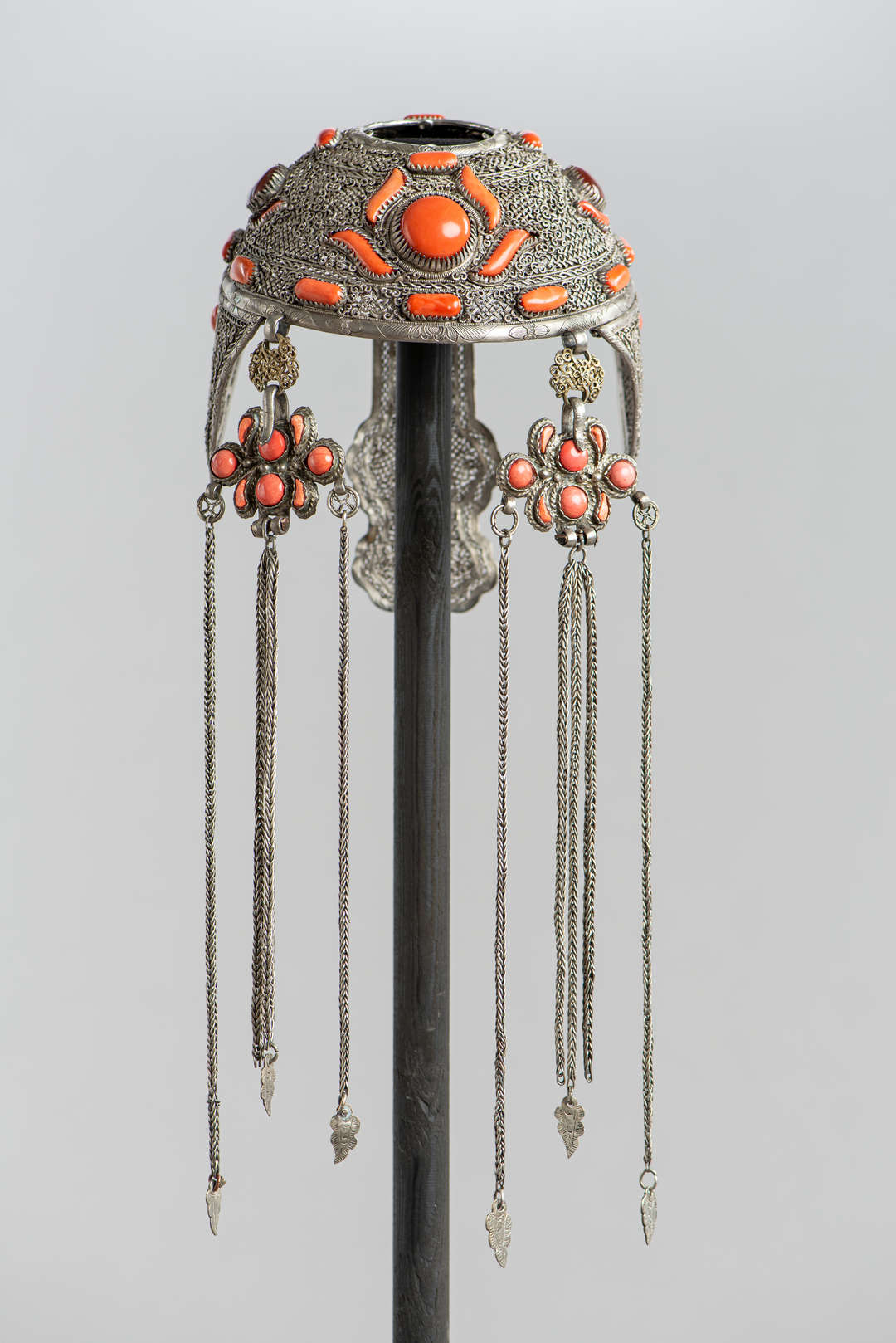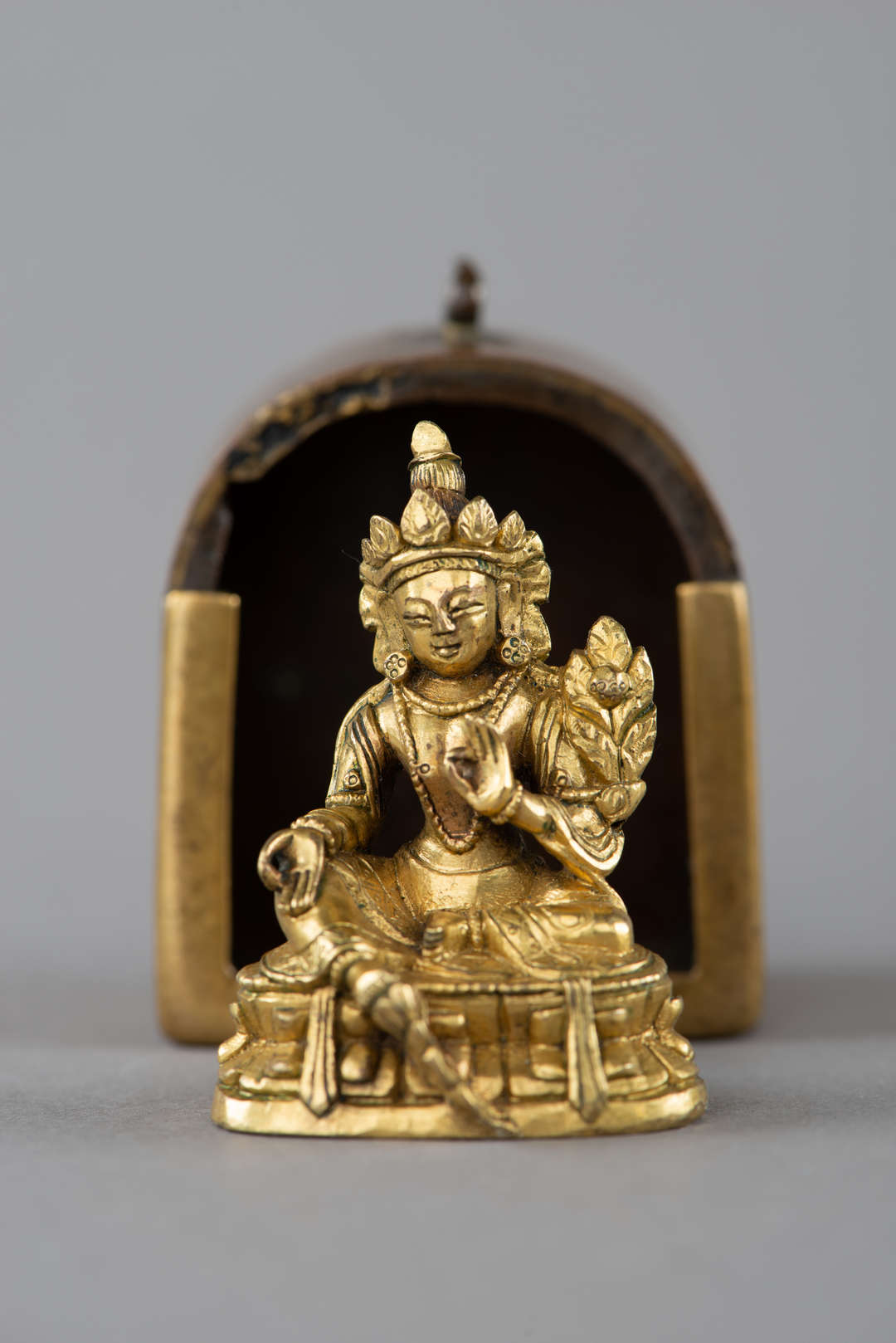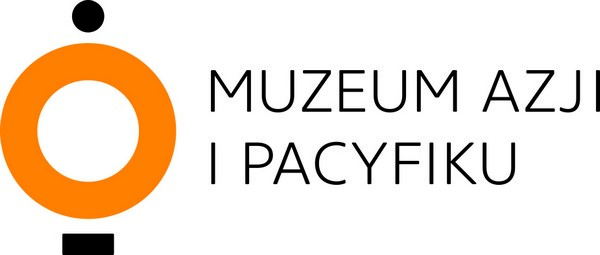Visit Mongolia
Next, visitors arrive in Mongolia, a country mostly covered by the steppe and semi-dessert. Winters are harsh, summers hot, it rarely rains, and a cold north wind blows continually. The population density is ca. 2 persons per square kilometre, which is the lowest average in the world. The county is inhabited by different groups of Mongols and Turkic people, who lead a nomadic life.
The display represents their traditions, culture, art, and beliefs, such as traditional garments (e.g a deel coat), a bonnet worn by married Khalkha women and a large jewellery collection, including necklaces, rings, temple ornaments adorned with turquoise, pearls, agate, amber, and lapis lazuli.
In the Mongolian gallery you can also see smithery and other handicraft products, as well as objects connected with Buddhism and shamanism. Religious artefacts include thankas, or Buddhist sacral paintings, and reliquaries.
Mongolians are famed for their hospitality and are eager to welcome guests to their home, the yurt. Visitors to “Journeys to the east” can peek into an original yurt complete with traditional furnishings. The yurt is a large round tent that can be disassembled and moved to a different location.

![grafika z tekstem [journeys to the east]](https://www.muzeumazji.pl/maip/uploads/2022/08/baner_strona_english_tn-1140x220.jpg)



